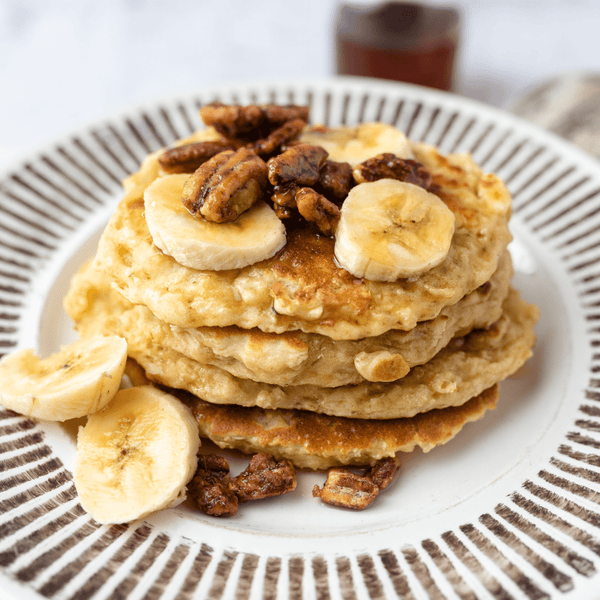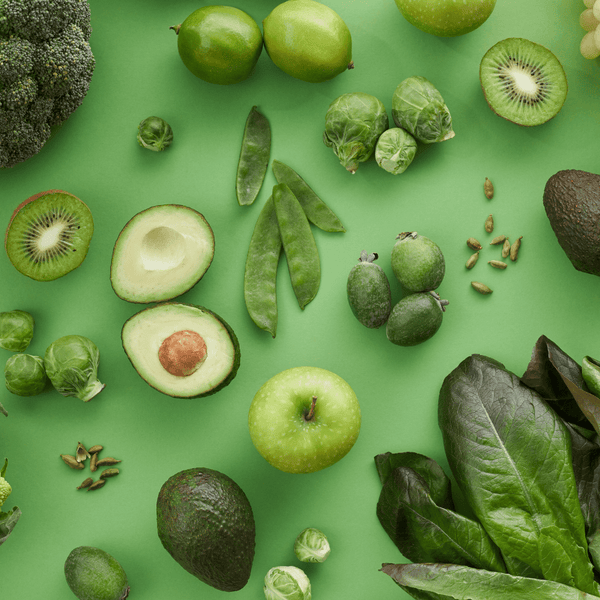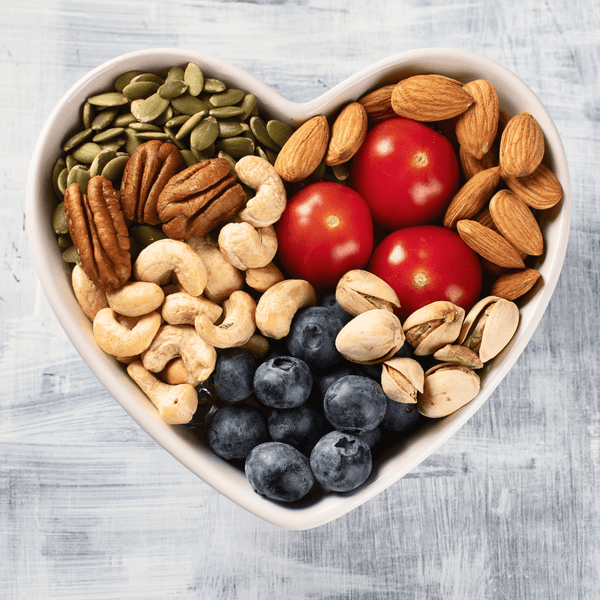800 Calories A Day Diet
Have you ever looked in the mirror and felt desperate for a quick fix to shed those extra pounds?
Maybe you’ve heard of extreme diets like the 800-calorie diet and wondered if it could be your solution.
Perhaps standing on the scales, you have thought, “What if I eat 800 calories a day? Is it a shortcut to my dream body or is 800 calories a day unhealthy?”
But before jumping into such an extreme approach, it's important that you understand the implications fully.
In this blog, we will go into the details, exploring the risks, benefits, and expert insights on consuming 800 calories a day. Let’s get started! Before considering extreme calorie restriction, it's crucial to understand your baseline nutritional needs—read our guide on how many calories should I eat per day to determine what's healthy for your body type and goals.
What is the 800-Calorie Diet?
The 800-calorie diet, also known as a Very Low-Calorie Diet (VLCD), restricts daily calorie intake to 800 calories or fewer. It’s typically used for rapid weight loss under medical supervision.
The idea is to create a significant calorie deficit, forcing the body to burn stored fat for energy.
Components of the 800-Calorie Diet
1. Meal Replacements: The diet typically consists of meal replacement products like shakes, soups, and protein bars. These products are specially formulated to be low in calories. They still provide essential vitamins, minerals, and proteins to prevent nutrient deficiencies. Looking for convenient, nutrient-dense options? Our protein bars and protein puffs provide quality nutrition in portion-controlled servings—explore the best protein bars for weight loss for smart choices.
2. Nutrient Composition: Despite the low caloric intake, it’s crucial that eating 800 calorie deficit diet provides adequate amounts of essential nutrients. A typical formulation includes:
- Protein: Around 70-100 grams per day to preserve lean muscle mass.
- Carbohydrates: Limited to about 50-100 grams per day to keep total caloric intake low.
- Fats: Essential fatty acids are included, though the total fat content is kept minimal.
- Vitamins and Minerals: Supplements or fortified products ensure adequate intake of essential micronutrients. These include vitamins A, D, E, K, and minerals such as calcium, iron, and potassium.
3. Hydration: Adequate fluid intake is emphasized to prevent dehydration. It also aids in the metabolic processes of fat breakdown and waste elimination.
Implementation and Phases
The 800-calorie diet is often implemented in phases:
1. Initial Phase: This is the most restrictive phase. It typically lasts a few weeks to a couple of months, depending on the individual’s health status and weight loss goals. During this phase, the caloric intake is strictly limited to 800 calories per day. The diet consists almost entirely of meal replacements.
2. Transition Phase: Gradually, regular meals and low calorie snacks are reintroduced into the diet. The caloric intake is slowly increased. The individual is encouraged to eat healthy, balanced meals consisting of lean proteins, vegetables, fruits, and whole grains. The goal is to transition from meal replacements to real food while maintaining weight loss. During the transition phase, incorporating low-calorie snacks for weight loss, healthy snacks for weight loss, and best zero-calorie snacks for weight loss can help you manage hunger while keeping calories in check.
3. Maintenance Phase: In this phase, the focus is on maintaining the achieved weight loss. The individual continues to follow a balanced diet with an appropriate caloric intake to prevent weight regain. Regular physical activity and ongoing nutritional counseling help greatly.
Suitability and Considerations
The 800-calorie diet is not suitable for everyone. It is typically recommended for:
- Individuals with a body mass index (BMI) of 30 or higher who need to lose weight quickly for medical reasons.
- Patients preparing for bariatric surgery.
- Individuals with obesity-related health conditions that may benefit from rapid weight loss.
However, it is not recommended for:
- Pregnant or breastfeeding women.
- Children and adolescents.
- Individuals with certain medical conditions, such as liver or kidney disease, without close medical supervision.
- People with a history of eating disorders.
According to above given points, you can also check 600 calories a day, 700 calories a day, 900 calories a day article if they suits the goals and recommendations.
Is 800 Calories a Day Good for You?
While the prospect of quick weight loss is tempting, it's essential to consider whether 800 calories a day is good for your overall health.
If you ask "is 800 calories a day good" then such a drastic reduction in calorie intake can have serious implications. It can impact everything from your energy levels to nutrient intake. Let us take a look at the risks:
The Risks of Eating 800 Calories a Day
As per the 2020-2025 Dietary Guidelines for Americans, the average daily recommended calorie intake for adult males is between 2200-3000. For females it is between 1600 to 2400 calories a day.
The 800 calorie diet misses these recommendations by a huge margin. This can have certain implications like:
1. Nutrient Deficiency
One of the most significant risks of eating 800 calories a day is nutrient deficiency. Our bodies need a variety of nutrients to function correctly. Such a low calorie intake makes it nearly impossible to meet those needs, at least without external supplements.
An 800 calorie diet can lead to loss in vitamins and minerals, including iron, calcium, and vitamin D. These are crucial for maintaining bone density, muscle function, and overall health. To ensure you're getting adequate nutrition, learn about best foods for gut health and explore high-fiber snacks that support digestive wellness even during calorie restriction.
2. Muscle Loss
When you severely restrict calories, your body may start to break down muscle tissue for energy. This can lead to muscle loss, which not only affects your strength but can also slow down your metabolism. Protecting muscle mass is critical during weight loss—discover how much protein you need to build muscle and explore our high-protein snacks collection to preserve lean tissue while dieting.
3. Metabolic Slowdown
Consuming only 800 calories a day can cause your metabolism to slow down as your body goes into "starvation mode." This means your body becomes more efficient at using fewer calories, making it harder to lose weight in the long run.
A study from the National Institutes of Health showed that metabolic rate decreased significantly in individuals consuming only 800 calories a day. This might have led to weight regain after resuming normal eating patterns. Understanding metabolic adaptation is key—read about what is a calorie surplus to avoid weight regain, and learn proven calorie deficit tips for women for sustainable results.
4. Gallstones
Rapid weight loss can increase the risk of developing gallstones. These are solid particles that form in the gallbladder and can cause significant pain and complications.
Various studies have found higher incidence of gallstone formation in people on an 800 calorie diet. This happens due to the rapid mobilization of fat stores.
5. Psychological Effects
Eating 800 calories a day can also have psychological effects. Severe calorie restriction can lead to irritability, mood swings, and a preoccupation with food. Long-term adherence to such a diet can result in disordered eating patterns and a negative relationship with food. Managing hunger and cravings is essential for mental well-being during dieting—discover effective strategies in our guides on how to suppress appetite and how to stop being hungry naturally.
Is Eating 800 Calories a Day Bad for Long-Term Health?
Eating 800 calories a day is bad as it might lead to rapid weight loss, it’s not a sustainable or healthy long-term strategy.
Prolonged calorie restriction can lead to serious health issues, including heart problems, weakened immunity, and mental health challenges.
If you are thinking about"is 800 calories a day unhealthy" then eating 800 calorie deficit deficiency can impair cognitive function, reduce physical performance, and increase the risk of developing chronic diseases such as osteoporosis and anemia.
For safer, more sustainable weight loss approaches, consider our 7-day protein diet plan for weight loss or explore comprehensive meal plans for weight loss that provide adequate nutrition while helping you reach your goals.
I Ate 800 Calories a Day For a Month Results
While the 800 calorie diet holds potential for causing a lot of harm to the body, it can also be useful in certain cases, such as when rapid weight loss is required for surgical purposes. Here are some points that you can see in your "I ate 800 calories a day for a month results"
Listed below are some benefits of this I ate 800 calories a day for a month results diet:
Rapid Weight Loss
The primary benefit of an 800-calorie diet is rapid weight loss. This can be motivating for those who need to lose weight quickly for medical reasons or to kickstart a longer-term weight loss plan.
In clinical settings, VLCDs are sometimes used for individuals with obesity to achieve significant weight loss quickly, reducing the risk of obesity-related complications.
Improved Blood Sugar Levels
Some studies suggest that very low-calorie diets can improve blood sugar control, especially in individuals with type 2 diabetes. It can significantly improve insulin sensitivity, which can be beneficial for managing diabetes.
However, this should always be done under medical supervision to avoid hypoglycemia and other complications. If you're exploring fasting protocols for blood sugar management, learn what you can drink while fasting and read our complete guide to intermittent fasting for a more sustainable approach.
Medical Supervision and Structured Programs
Under medical supervision, the 800-calorie diet can be part of a structured weight loss program that includes nutritional education, physical activity, and behavioral therapy.
Programs like the OPTIFAST system, supervised by healthcare professionals, have shown success in helping individuals achieve and maintain weight loss through comprehensive support and monitoring. Understanding the weight loss journey helps set realistic expectations—explore our guide on female stages of weight loss to understand what to expect at each phase of your transformation.
Is 800 Calorie Deficit Too Much?
The human body is highly adaptable. It can go on without any food for many days, so it is possible to live on 800 calories a day and is 800 calories good for losing weight?
However, it is not advisable for most people. While you may survive on this amount for a short period, it’s not enough to support long-term health.
Your body needs more energy to perform basic functions and to thrive. Essential bodily functions, such as maintaining body temperature, supporting immune function, and ensuring proper organ function, require a minimum calorie intake that is higher than 800 calories.
Instead of extreme restriction, focus on nutrient-dense, high-volume low-calorie foods and low-calorie vegetables that allow you to eat more while consuming fewer calories.
If you're looking for convenient, portion-controlled snacks that support your weight loss goals without extreme restriction, try 100 Cal Snacks. Our chocolate protein bars, peanut butter protein bars, and BBQ protein puffs provide satisfying nutrition at exactly 100 calories per serving. Made with clean, natural ingredients and free from added sugars, they're perfect for healthy snacks for work, office snacks, or evening snacks when hunger strikes.
Conclusion
An 800-calorie diet can be strong, especially when you’re eager for quick results.
However, the potential risks and health consequences far outweigh the benefits. It is a dangerous and unsustainable choice for most people. It’s best to limit calories in moderation and focus on healthy habits like working out regularly, replacing calorie-heavy snacks with portion controlled high protein snacks under 100 calories, consuming enough protein etc. Build sustainable meal patterns with our guides on low-calorie breakfast, high-protein lunch, low-calorie dinner ideas, and high-protein dinner for complete daily nutrition.

Remember, your health is worth more than any number on the scale. Sustainable weight loss is about creating healthy habits that you can maintain for life, not just for a few weeks. Pair smart nutrition with appropriate exercise—discover workout challenges suited for different calorie levels, learn about pre-workout meals that fuel performance without excessive calories, and understand protein bar timing before or after workout for optimal results.








